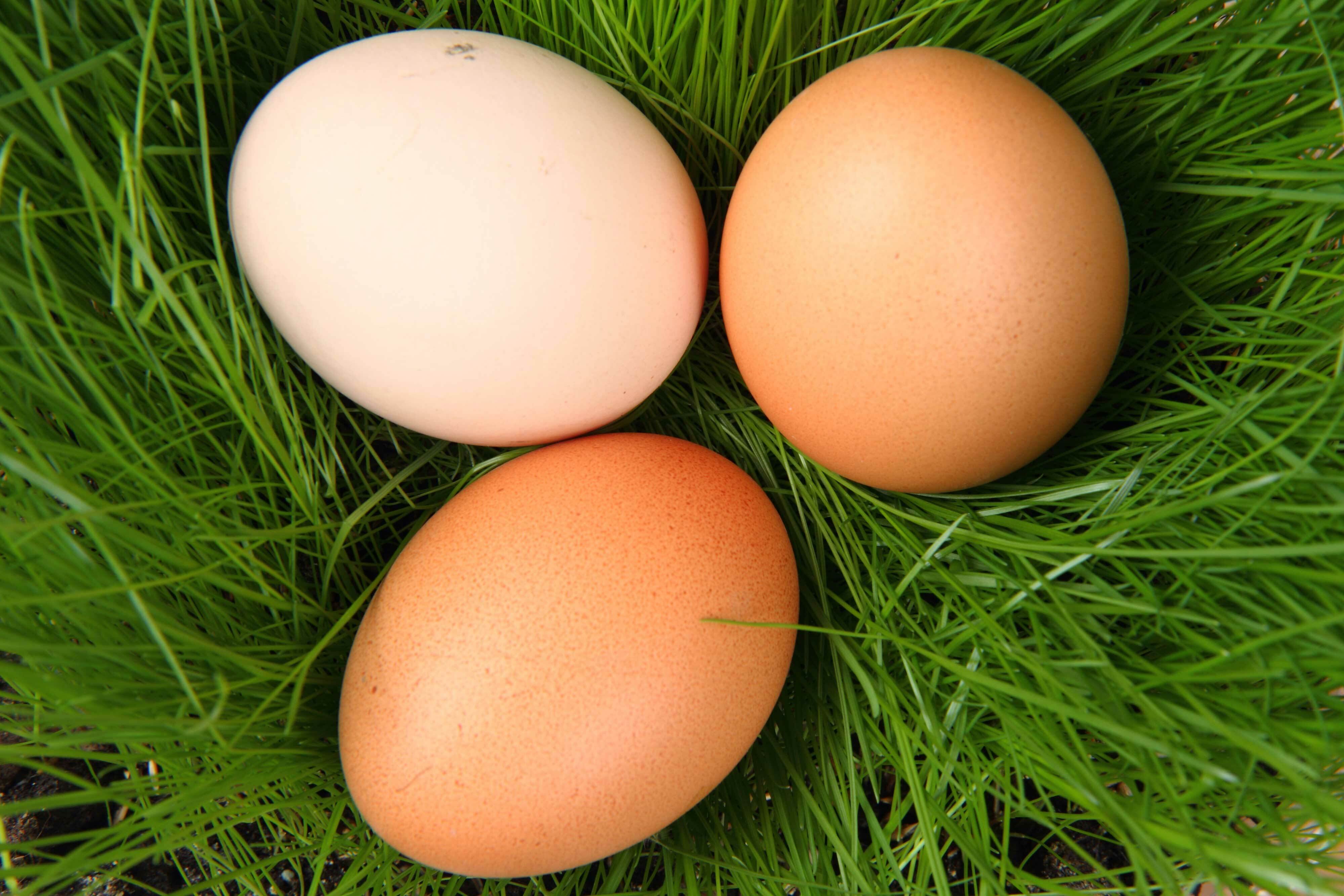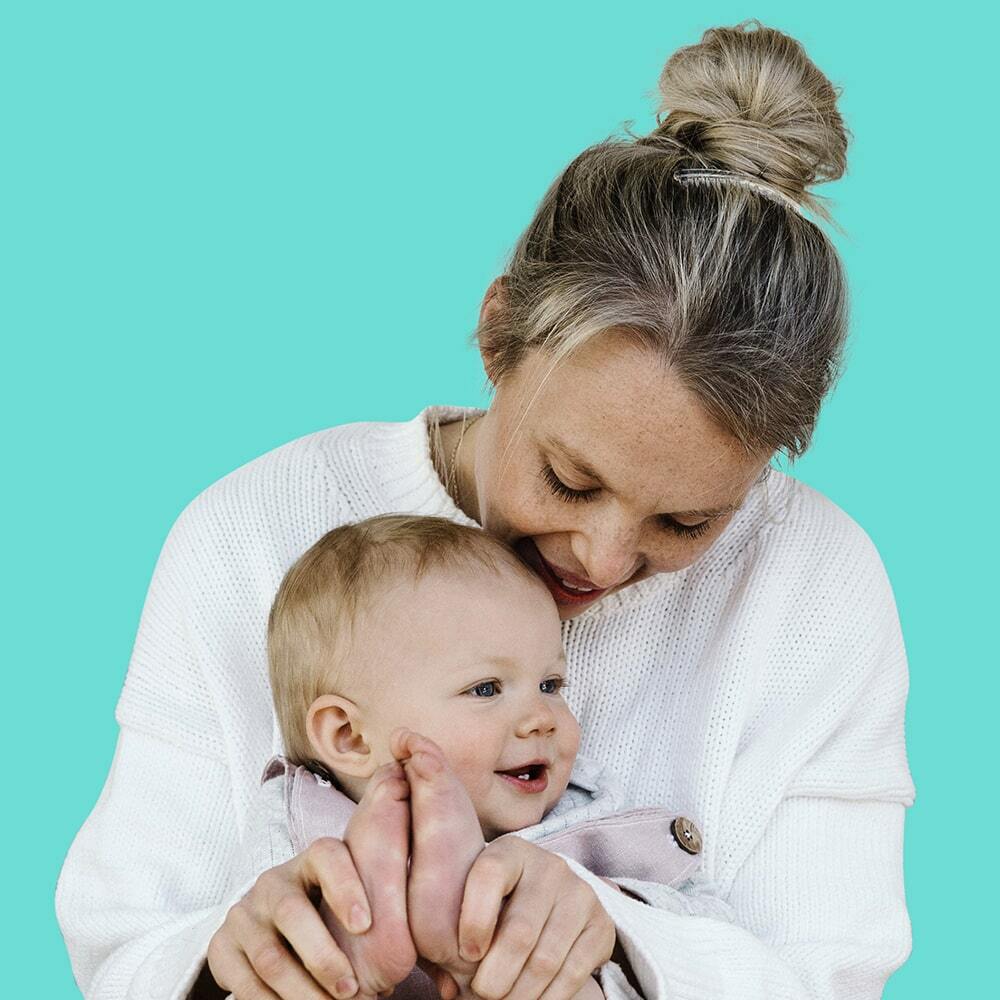5 surprising facts about your eggs you need to know!
12 April 2017

12 April 2017

Think you know a lot about eggs? Maybe you’re pretty familiar with the ones that come in a carton box or the chocolate variety that are pretty popular this time of year. But how much do you know about those special little eggs that are created in a woman’s body that may one day result in a little baby?
The eggs in each ovary are made before you’re even born- meaning that you will have the most eggs you will ever have (around 7 million) before you are born! From this time on, the number of eggs will continue to reduce. A girl is born with about 2 million eggs, however by the time of her first period, there are about 400,000 left.
Did you know that the eggs that are being stimulated within a treatment cycle would have grown or died during a natural cycle that month, so using stimulating drugs will not deplete your eggs in future or induce premature menopause. It is a common fertility myth that stimulation robs you of future eggs and cause early menopause, but that is not true!
This one seems pretty self-explanatory, however it’s not as simple as young person = young eggs = good eggs; older person = old eggs = bad eggs. Although eggs can naturally age, other factors also play a part in aging eggs. These include hormone imbalances, poor diet and unhealthy lifestyle choices and habits – such as smoking. Unfortunately, once an egg ages or “goes bad”, there’s no way to make it healthy again. It’s really important to maintain a healthy lifestyle to help maintain fertility.
Once an egg has left the ovary (been ovulated), it will only live for around 12-24 hours. This is why timing is crucial when you’re trying to have a baby!
Once an egg leaves the body they are super fragile, meaning scientists have to be incredibly careful when handling them. They also can’t just be frozen like a bag of peas – putting them in a regular freezer would cause them to be damaged by sharp ice crystals! Instead, a process called vitrification is used when freezing eggs (or embryos) which is a snap-freezing technique that happens so quickly that ice crystals have no time to form!
Ovarian reserve is the term used to describe the number of eggs left within a woman’s ovaries. As a woman runs out of eggs, the number of these small antral follicles decline in number and as a result the serum Anti-Mullerian hormone (AMH), which is produced by these small follicles, falls.Unless the level of AMH drops below 1.5 IU/L most women may still be able to achieve a pregnancy naturally because in a normal menstrual cycle only one egg needs to be produced each time. A low AMH level is also a poor predictor of when women will enter menopause. Ask your mother and grandmother when they started menopause as it is a much more reliable guide than the AMH level.
However, women with a slightly lowered ovarian reserve may have a diminished ability to produce a lot of eggs during ovarian stimulation during IVF and IVF specialists therefore rely on the AMH when they decide on the drug dose you will need for the stimulation. And it works both ways! They will increase the dose for women they expect few eggs from and they will lower the dose for women at risk of developing ovarian hyperstimulation syndrome (OHSS).
It is important to identify these women early on so that they can make decisions on when to start having a family and when to access assisted reproductive technology if required. Women under the age of 38 years who are considering delaying pregnancy, women with a family history of ovarian failure, autoimmune disease, chemotherapy or previous surgery to the ovaries are all well suited to ovarian reserve testing.
If a woman is found to have a very low ovarian reserve the only effective therapy is for women to bring forth their plans to start a family. If a woman has low ovarian reserve and has not conceived within six months of trying we would also suggest a referral to see a Monash IVF fertility specialist for an early investigation for ‘infertility’. If a severe male factor is identified at this point, then early referral for IVF may assist a conception.
Anti-Mullerian hormone levels fluctuate very little during the menstrual cycle and therefore can be taken at any time during a normal menstrual cycle.
Patients can be referred for a serum Anti-Mullerian hormone (AMH) by their GP or Fertility Specialist by requesting an AMH blood test. For more information, contact one of our friendly nurses on 1800 628 533 or online here.

Wherever you are on your journey, one of our supportive nurse enquiry team can help you understand your options and take the next step. These conversations are free and informative.